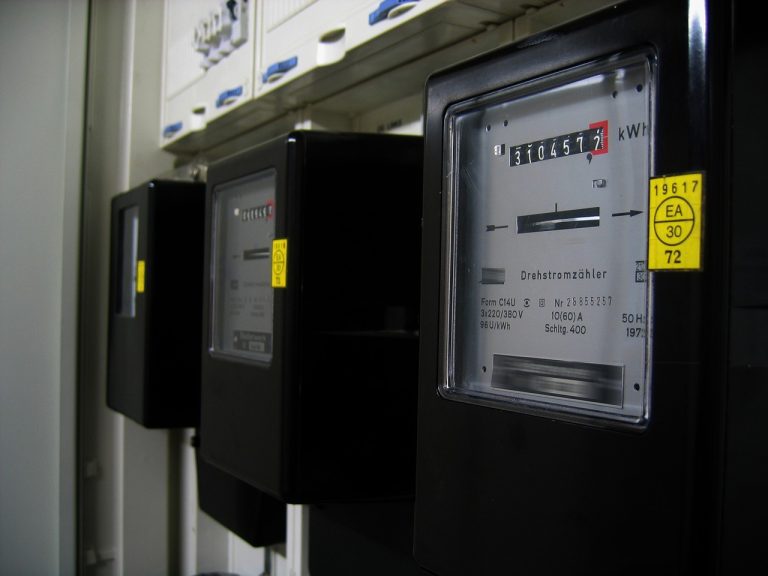Finally there is some movement on the plan to ban forced prepayment meter installation for energy.
It what is nothing less of a scandal, the practice of energy companies forcing their way into homes to install a prepayment meter is being banned.
But only for the over 75s or those with children under 2 years old.
The energy regulator Ofgem has updated its code of practice, effectively banning those forced installations. But falls short of a total ban.
Back in April 2023, Ofgem update the code banning the forced installation of prepayment meters in the homes of vulnerable people.
An update to that code of practice that comes into force on 8th November will add those with terminal or chronic illnesses, over 75s and households with families with children under 2.
Any energy supplier that continues the practice after that date on households included in the ban will face fines.
Vulnerability assessments
Three other changes to the code of conduct could also provide a little more relief.
The first says an affordability assessment has to be carried out on all households where a forced installation is planned.
Second, companies must have made at least 10 attempts to contact the householder before forcing entry.
Third, there must be a mechanism in place to enable households to escape prepayment meters once the energy debt has been paid off.
As long as you can pass the same credit check as everyone else, you should be able to go back to a standard meter.
Forced prepayment meter installation
Forced prepayment meter installation is not Britain’s finest hour. As if people weren’t already in enough financial difficulty, energy companies forcing their way into your property and forcibly changing meters is a step too far.
Sure, energy companies deserve to be paid for what they sell. They also have a right to reclaim money owed.
But if this is the only solution, it shows there’s a lot more wrong with our broken energy industry than lack of domestic supply and competition.
According to data released by the government, over 94,000 prepayment meters were forcibly installed in 2022.
That number could be similar or higher in 2023.
Scottish Power, British Gas and OVO Energy installed the vast majority of those, around 70%, with smaller energy companies handling the rest.
Prepayment meters might actually be the answer for some people, in some situations. But forcing them on everyone just because they are in financial difficulty is a long step too far.
Even though there are ways to save money on energy, it isn’t always enough for those struggling the most.
Hopefully, these changes to Ofgem’s code of conduct will go a long way to lowering those numbers.

